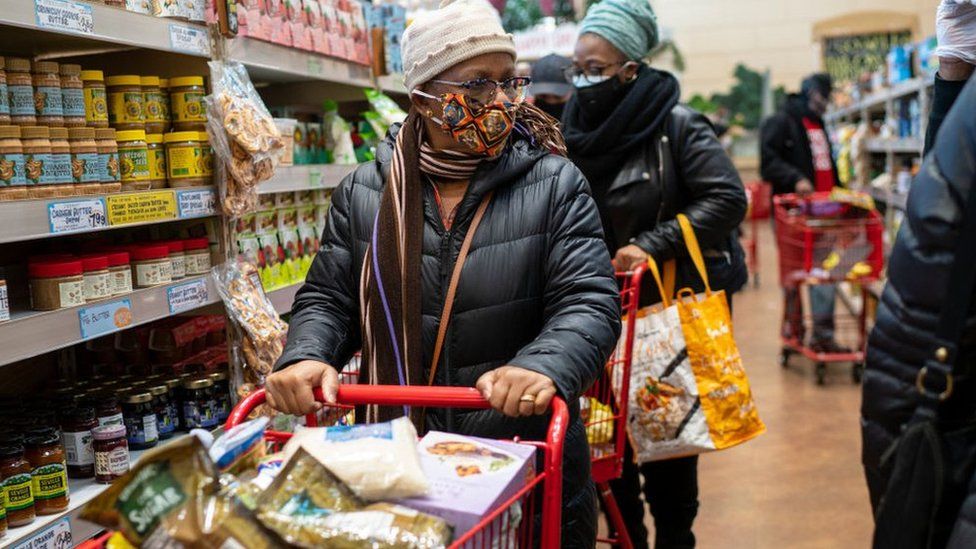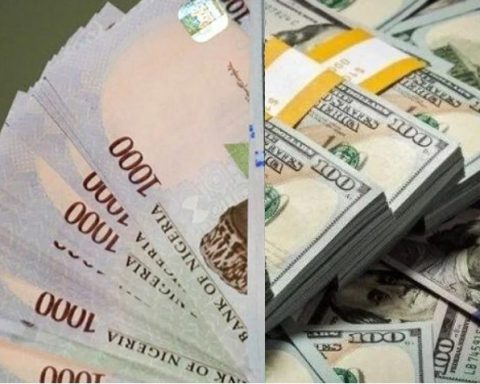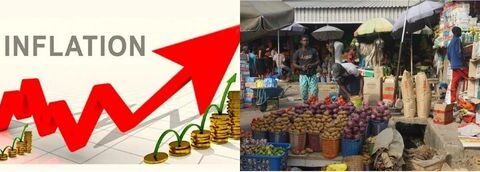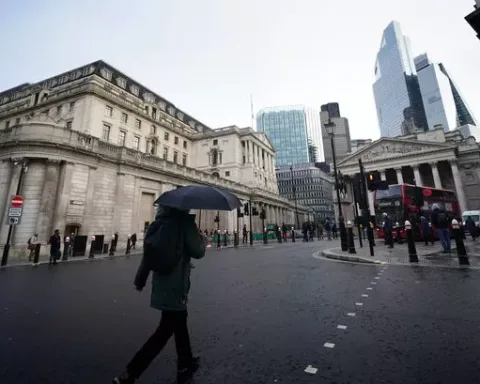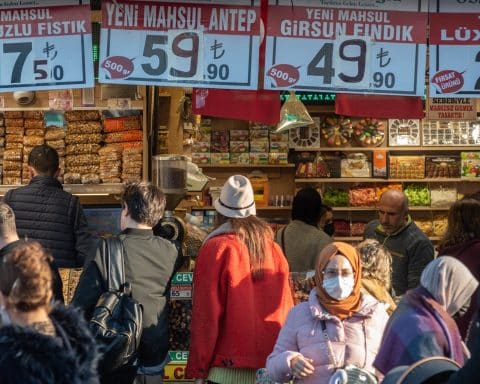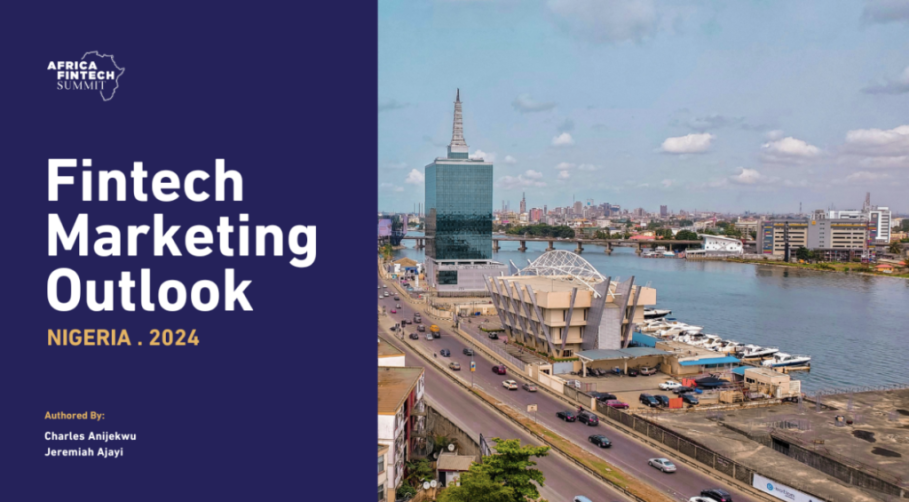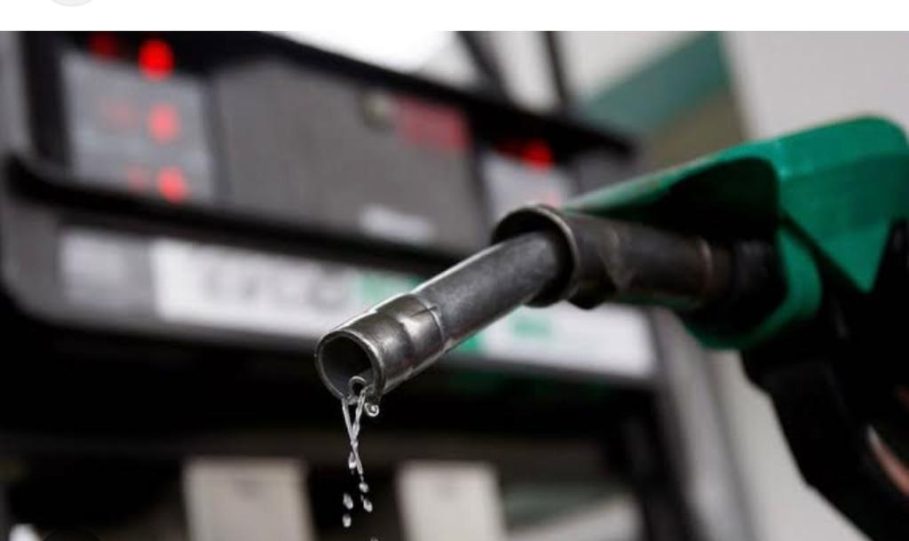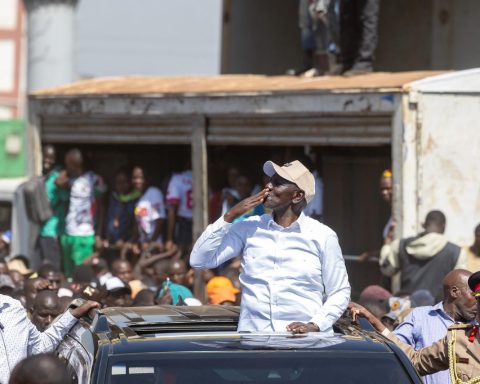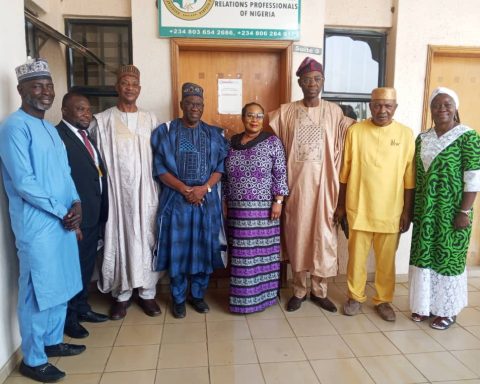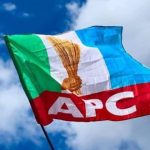South Africa has witnessed a surge in consumer inflation for the second consecutive month in February, edging closer to the upper target set by the Central Bank.
This upswing in inflation rates could potentially prolong the wait for rate cuts, as economists caution against premature monetary policy adjustments.
Join our WhatsApp ChannelData from South African statistics indicate that headline consumer inflation escalated to 5.6% year on year, up from 5.3% in January, as reported by Reuters. The inflationary pressures are primarily fueled by various sectors including food, housing, transport, and miscellaneous goods and services like medical insurance.
With the South African Reserve Bank maintaining an inflation rate target ranging between 3% to 6%, the impending monetary policy decision slated for next week assumes critical significance. Analysts are now grappling with the unforeseen inflationary uptick, which threatens to derail expectations of imminent interest rate reductions by the Central Bank.
Shaun Murison, a senior market analyst at a financial institution based in Sandton, expressed concern over the implications of the heightened inflation levels. “The news doesn’t bode well for expectations of rate cuts in our local economy for the first half of 2024,” remarked Murison.
READ ALSO: Nigeria’s Inflation Hits 31.70% As Food Costs Bite Harder
A poll conducted in February echoes Murison’s sentiment, suggesting that the central bank might defer any interest rate adjustments until at least the third quarter of the year.
David Omojomolo, an African economist at Capital Economics, emphasized that the elevated inflation figures would likely prompt the Central Bank to adopt a cautious approach, awaiting clarity on the post-election fiscal policies.
“Officials will want to see some clarity in the make-up of the next government and the direction of fiscal policy before feeling comfortable lowering interest rates,” stated Omojomolo, alluding to the impending general elections scheduled for May 29, 2024.
The inflationary landscape in South Africa is further accentuated by core inflation, which excludes volatile food and fuel prices. Core inflation surged to 5.0% in February, up from 4.6% in January, indicating a broader-based inflationary trend.
Meanwhile, prices for food and non-alcoholic beverages, although growing at a slower pace of 6.1% annually, continue to exert upward pressure on inflation figures.
The transport sector also witnessed a significant uptick, with annual price growth accelerating to 5.4% from 3.6%, further exacerbating the inflationary concerns gripping the South African economy.
As the nation braces for pivotal monetary policy decisions against the backdrop of escalating inflation, the trajectory of interest rates remains contingent upon the evolving economic landscape, especially in the aftermath of the upcoming elections.
Emmanuel Ochayi is a journalist. He is a graduate of the University of Lagos, School of first choice and the nations pride. Emmanuel is keen on exploring writing angles in different areas, including Business, climate change, politics, Education, and others.
- Emmanuel Ochayihttps://www.primebusiness.africa/author/ochayi/
- Emmanuel Ochayihttps://www.primebusiness.africa/author/ochayi/
- Emmanuel Ochayihttps://www.primebusiness.africa/author/ochayi/
- Emmanuel Ochayihttps://www.primebusiness.africa/author/ochayi/


